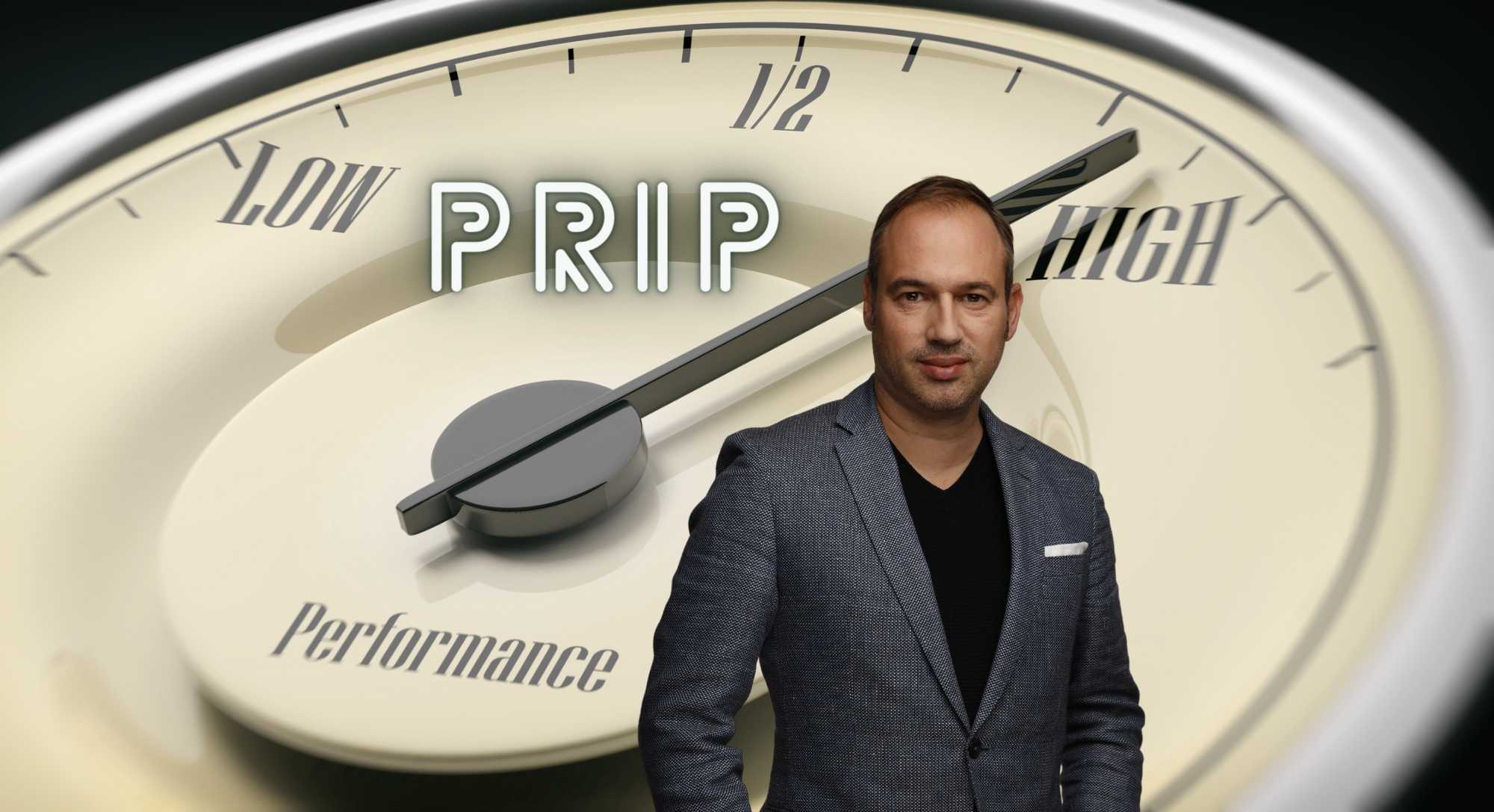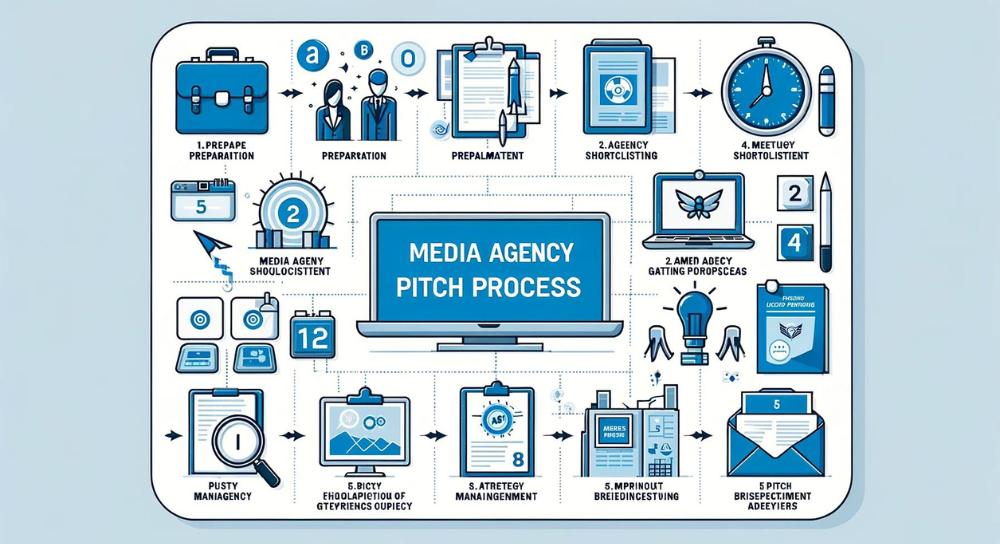You’ve been through an exhaustive and well-managed media agency pitch process. You’ve taken a long list through to a short list and then down to two finalists. But now you’ve got to get the deal agreed, make sure it is not weighted in favour of the agency – and make sure it sets up your business for continued future success.
In this article, we’ll show you how to maximise agency performance by building an effective incentivisation scheme into your contract.
These performance-related fees (PRFs) or performance-related incentivisation programs (PRIPs) are reasonably common in the media industry. But what’s not common is for advertisers – especially challenger brands – to take control of these contractual elements, fully understand them, and shape them to suit their needs rather than their agency’s.
So we’ll show you how to, step by step, ensure your new media agency contract doesn’t leave you exposed to poor service and wasted spend. But first, let’s look at the basics.
Most of the top 100 global advertisers use PRFs. Why? Because a good PRF helps to guarantee the level of service you receive from your agency.
If you don’t have a robust PRF in place, you will likely be losing out against your competitors in all sorts of different ways. Here’s why.
Within media agencies, the biggest challenge is client portfolio management. So the ‘winning’ clients will be those where the agency is financially incentivised to provide high levels of service. Those advertisers with a well-crafted PRF in their contract get the very best of what a media agency can offer. And those without a PRF? Well, the consequences are obvious.
But there’s more to getting good service than simply having a PRF in your contract. You must have an effective PRF.
Media agencies often design poor PRFs, and these agreements simply won’t bring the same results as a strong, robust PRF that works in your favour. In the poor PRFs, you pay a reasonable base fee, plus a bonus without merit. That’s not what you should have.
Performance-related fees (in addition to a base fee, either calculated as a commission or as a fixed fee) should only be awarded if your media agency delivered above your expectations. That means their best media prices, high-quality strategy, media plans, post-buy reports, and excellent levels of service that all exceed your expectations – not simply match them.
Understanding media agency remuneration options
Traditional media agency fee structures revolve around a base fee calculated in one of three ways:
-
An annual fee, which can appeal because it involves no significant tracking, normally has no restriction on hours, and is easy to forecast. However, this fixed-fee model is not flexible, it requires firm budget commitments, and your fee remains the same even if there is reduced – or even no – media activity.
-
A commission fee, which offers some level of flexibility, can vary by media, and is charged only during active months. However, tracking is required, as is a certain level of commitment. And it also depends on true media transparency in order to make accurate fee calculations.
-
A time charge fee, which offers maximum flexibility, no charges when there is no activity, and can vary by media and service. However, to work effectively this requires advanced fee tracking, tight delivery of KPIs, and a maximum fee cap should be contractually agreed.
While these models all have their benefits, it’s also clear that each of these traditional remuneration options has significant drawbacks. A better option for challenger brands is to embrace a performance-related fee.
How does a PRF work?
A good PRF protects you against both poor service and unmet pitch promises. It means that your agency is financially rewarded for results and levels of service that are above expectations, and financially punished for results and levels of service that fall below expectations.
When devising your PRF, you’ll need to consider several important evaluation criteria that could be included in your terms.
-
Timings for assessing the quality of your agency’s services, based on a pre-agreed questionnaire. Annual, semi-annual, or quarterly evaluations are all common.
-
Media process best practice KPIs for every campaign you run. These KPIs are normally detailed in a pre-agreed media process document.
-
Performance deadlines and KPIs, with pre-agreed KPIs outlined in the final contract between you and your agency.
-
Business performance KPIs (sales, units, profit, etc), which are normally based on annual or semi-annual targets.
-
Costs and quality commitments. Has your agency met all the contractual promises it made?
-
Meeting AVB and technical cost commitments. Again, these are outlined in the contract and are relatively straightforward to check.
How to structure a PRF
Before you begin structuring your PRF, you must first determine which of the evaluation criteria you are going to include in your terms. Once this has been determined, and agreed with the agency, you must then start to formalise the actual detail around each criteria with specific, measurable targets.
Next, you must decide the weighting attached to each evaluation category. Some may be much more important to you than others. So you will want to reflect that in the calculation of your PRF by weighting performance in that area higher than you do in others.
You also need to define a clear bonus and malus methodology. Your contract should outline the scoring mechanisms you will use to assess your agency’s performance. It should also detail the level of bonus that will be triggered depending on the performance achieved.
What are the benefits of a PRF?
A well constructed performance-related fee is clear and direct in its effectiveness. It keeps your agency financially tied to its pitch promises and protects your brand against agency underperformance. It can also illuminate any frustrations you experience with your agency, including poor service, constantly having to chase for deliverables, a lack of transparency, and high agency staff turnover rates leading to disrupted services.
If you get your PRF right when you are negotiating your media agency contract, you open yourself to a range of long lasting and significant benefits. A PRF can help to deliver:
-
Competitive media prices
-
Talented account handlers
-
Full media transparency
-
Competitive cash AVBs
-
Excellent service
-
An incentivised agency keen to deliver the best possible work and approach
Four essentials for creating a PRF that works in your favour
1. First, take control from the start. Make it clear that you will lead on designing the PRF. This gives you the chance to put your KPIs in a primary position and keep your interests as the primary concern. Don’t leave it to your agency to draft your PRF.
2. Always make sure your agency is doubly motivated, with bonus mechanisms rewarding exceptional performance and malus mechanisms punishing poor performance. A PRF that only includes a bonus mechanism is lacking the strength you need.
3. Ensure your PRF is large enough to be effective. If the scale of the rewards and punishments on offer are tiny, they will not be enough to motivate your agency to deliver its strongest possible performance.
4. Be completely clear with all definitions and explanations, so there’s no room for confusion or dispute when it comes to assessing your agency’s performance.
Make sure your next media agency contract includes an effective PRF
A performance-related fee is the only way to ensure compliance of your new media agency contract and ensure that your agency consistently delivers at a high standard. The world’s top 100 advertisers already know this. For challenger brands like you, a strong PRF is the secret that could unlock your media performance, illuminate and remove frustrations between you and your agency, and grow your business at speed.
Abintus has worked with clients worldwide to design robust, effective PRFs that consistently deliver measurable financial and non-financial benefits.
Contact us today for help with creating a PRF that works for your next media agency contract.
.jpg)
.jpg)

